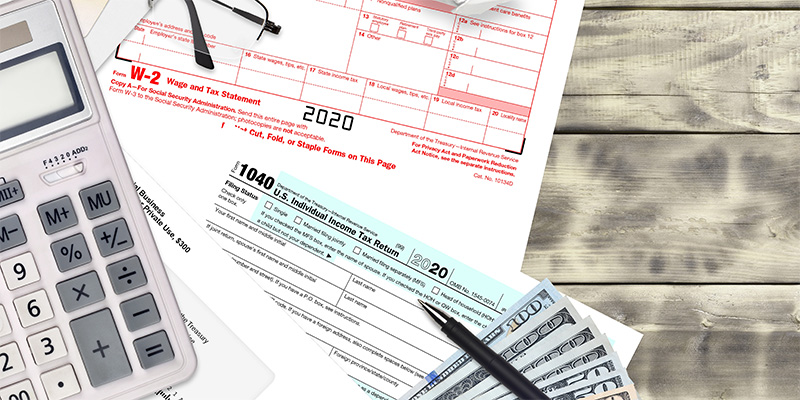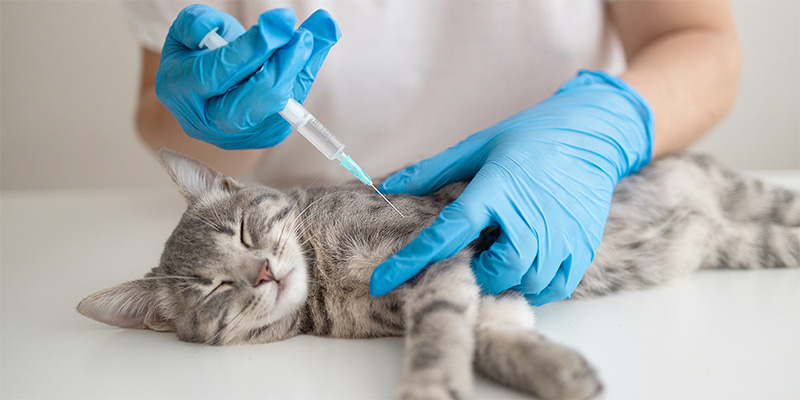
Forget the Snowball Method—Tackle Debt Another Way
I don’t like the snowball method at all. If you tackle the smallest debt first, it might not be the debt with the highest interest rate, and you’ll end up paying more in the long run.

You Miss Out on Life by Being Cheap
I'll tell you a quick story.
I am friends with a local guy in town. He's a smart guy, financially knowledgeable, and spent his whole career in finance.
I run into this guy socially, and he knows what I do. He's always coming up to me and pumping me for information about the markets.
So, I asked him, “Why don't you subscribe to my newsletter? I'll even give you a friends and family discount. I'll let you subscribe for 300 bucks.” Nope. He’s too cheap.
I said, “Well, why don't you come to my conference? I'll give you a discount on the conference. You live locally; it's easy. Why don't you just come down and watch all the speakers? You’ll get a lot out of it.” Nope. He won't spend money on anything.
Now, this isn't about me being upset that somebody isn't giving me business. Really, all I can think about is everything this guy is missing out on because he's cheap.
Spend Money on Experiences
The truth is that you miss out on a lot of life by being cheap.
I'm not saying you should book a $2,000-per-night hotel room instead of one for $300 a night. You can go on vacation and do it frugally, and you can have a good time without breaking the bank.
When people start to save money and start getting tight, the first thing they cheap-out on is vacations, which is kind of weird. For me, vacations are necessary. You need to take a break, get a change of scenery, travel out of the country, and see different stuff. It gives you perspective.
There's this whole thing about how millennials will spend money on experiences instead of things. I tend to agree with that. I think you should spend money on experiences. For example, I took a trip to Greece about two years ago now. The trip cost 10,000 bucks, which is a lot of money.
But it was the best vacation I took in my entire life. It was absolutely worth it. Spending money to try new things and go to new places is priceless. But people often won't do it.
More often than not, they get stuck on the number in their bank account.
Yes, Savings Are Still Important
By the way, I'm not like denigrating savings. Savings are terrific. If you have a goal or you're saving for something (like a house or an education) save and make sacrifices. Those are good things to save for.
But if there's nothing that you're saving for and you already have money, not spending it on experiences and knowledge is just unthinkable. What is that money doing? Just sitting in your bank account?
Here’s another example…
I ended up spending a little more than $50,000 on grad school, which is a good chunk of money. First, this has been one of the best experiences of my life. It's been worth it, no question.
And second, I got two books out of it, and I'm going to make more on the books than I spent on my education. I'm actually going to turn a profit. I would not have written these books if I didn't go to grad school. It's been the best thing for me. So, imagine if three years ago I said, “Nope, $50,000 is too expensive. I'm not doing it.”
I would’ve missed out on an important part of my life. And this kind of thing happens to people all the time.
The Only Thing I’ve Regretted Buying
The only thing I have ever regretted spending money on was a Can-Am motorcycle. It wasn't very practical, and it was dangerous. I used to get freaked out driving on the road. Really, I shouldn't have bought it. It cost $19,000, and I sold it for $3,000. So, I lost $16,000 on it.
That was a stupid thing to spend money on, but it’s the only thing in my entire life that I have regretted buying. Most of the time, I regret not spending money on stuff.
This may sound like I'm a free spender. It may sound like I'm a high roller blowing cash all over the place. I'm really not. I save with the best of them. I don't buy stuff I don't need, and I make sacrifices. For example, I am making a bunch of sacrifices to get my house built.
Side note, one thing I've found is that people usually have a large allocation to real estate because they own their own home, a lot of the money goes toward debt service, and the only money they have is tied up in their house.
Lots of people are overexposed to real estate. They need more exposure to stocks, bonds, gold, etc. You know, you want money in your house, but you also need money in stocks and bonds and everything else for diversification purposes.
Edward
When I was about five years old, I had a puppet cat—it was black and made by Steiff. And this little cat was my best friend. I named him Edward. He was my best friend of all time. I carried him everywhere and took him wherever I went.
One day, I lost him. I was living in New York City on Governors Island. I went with my dad to check out stereo equipment, and I took Edward with me and must have put him down somewhere and left him.
My dad called the stereo place, but they didn't have him. I was destroyed by this. Like, 45 years later, I still feel terrible about this.
So, I decided to see if I could get another one on eBay. Sure enough, there was Edward. It was a Steiff black puppet cat, just like the one I used to have. For $100, I got him. And now I have him on a little stand on my shelf, and it's the best thing in the world.
A hundred bucks—totally frivolous. But it was like regaining a part of my childhood. It was totally worth the money.

Jared Dillian
|

Simple Ways to Boost Your Credit Score
Unless you have a perfect credit score, you probably want to improve it.

Do Your Own Taxes While Your Financial Life Is Simple
Master the basics and develop your tax literacy.
An Emergency Fund Will Save You
Seems like every time I turn around, I need to pay to fix something. These unforeseen expenses… we have no choice but to pay ’em.
